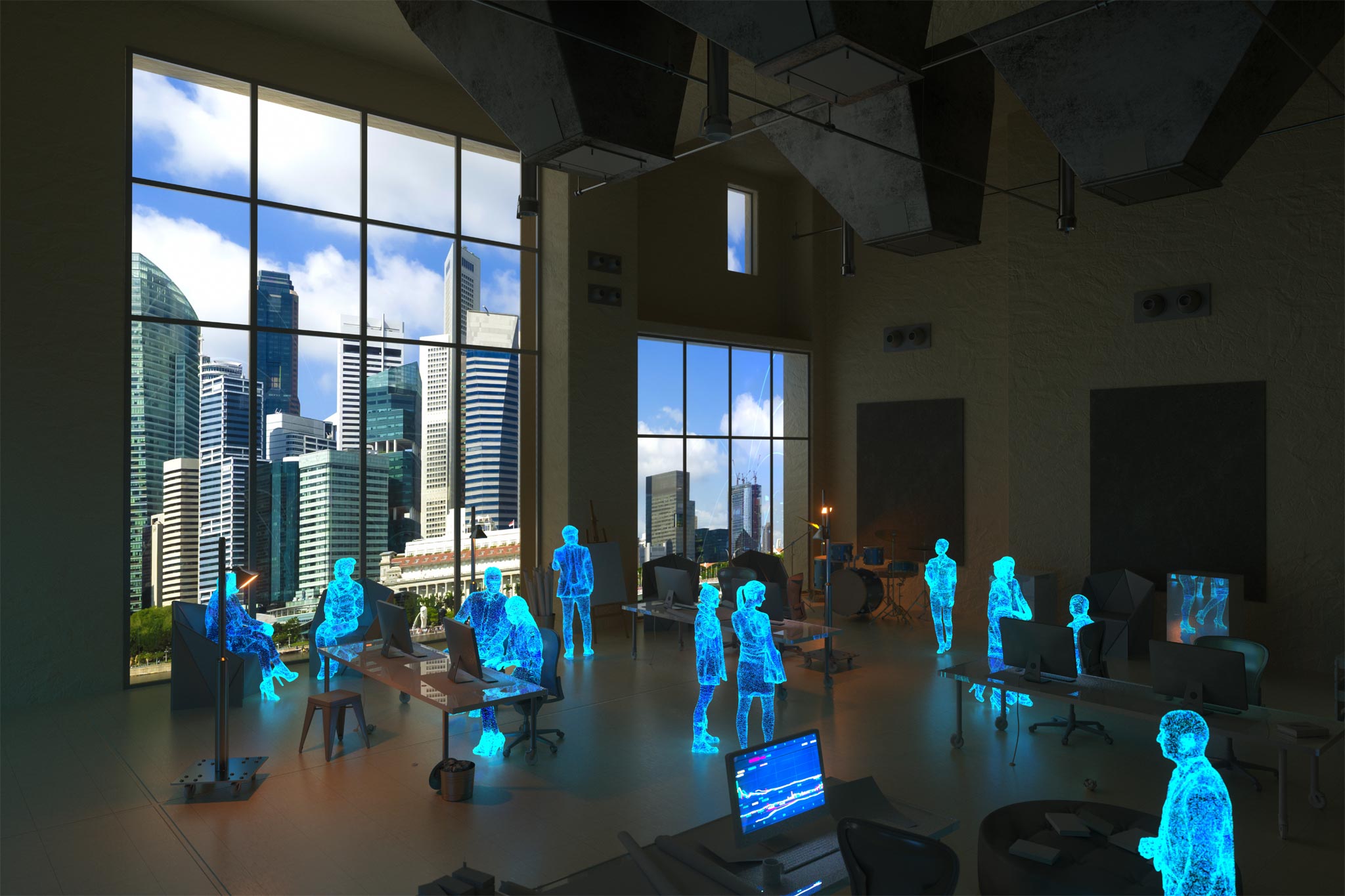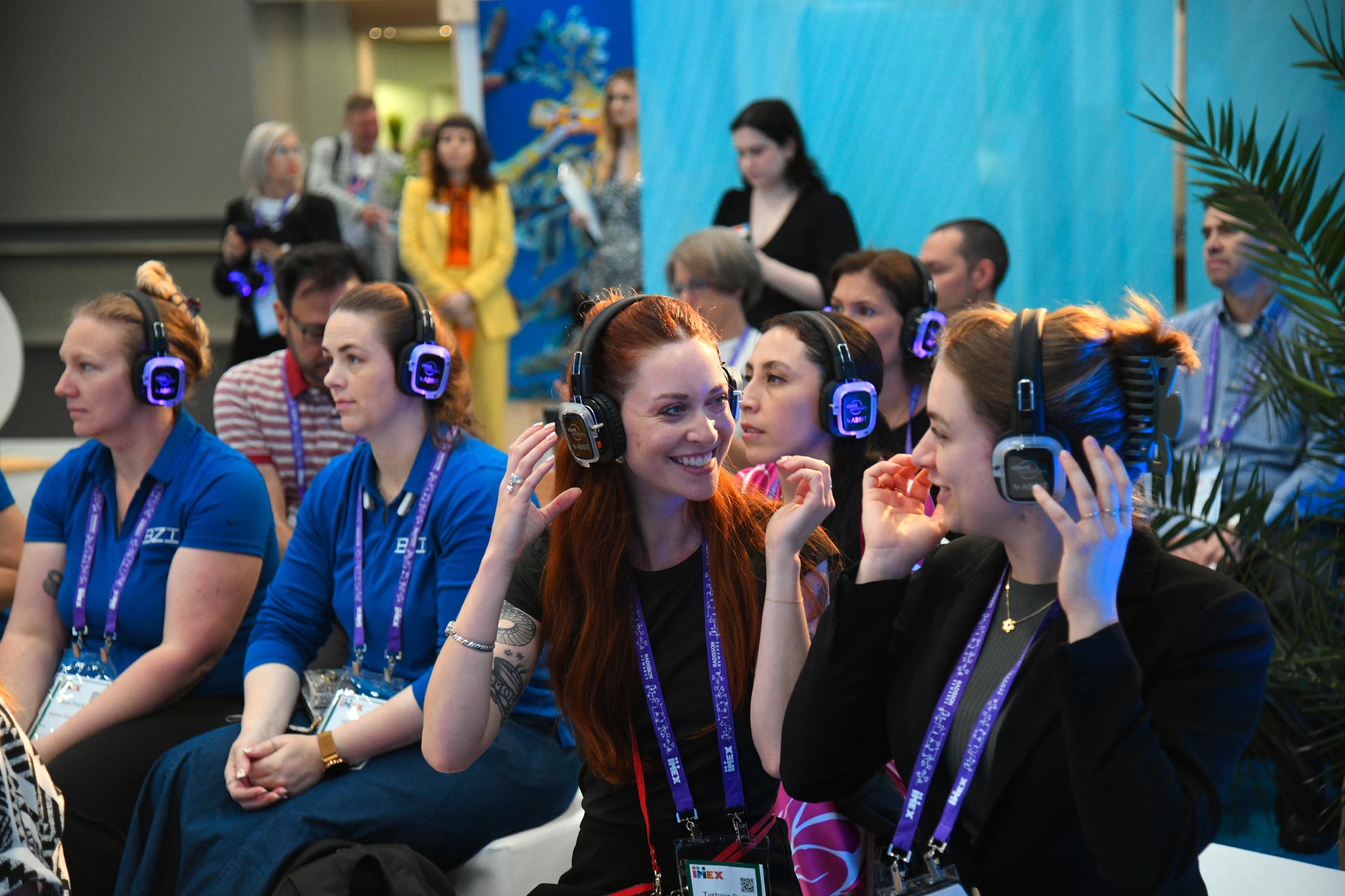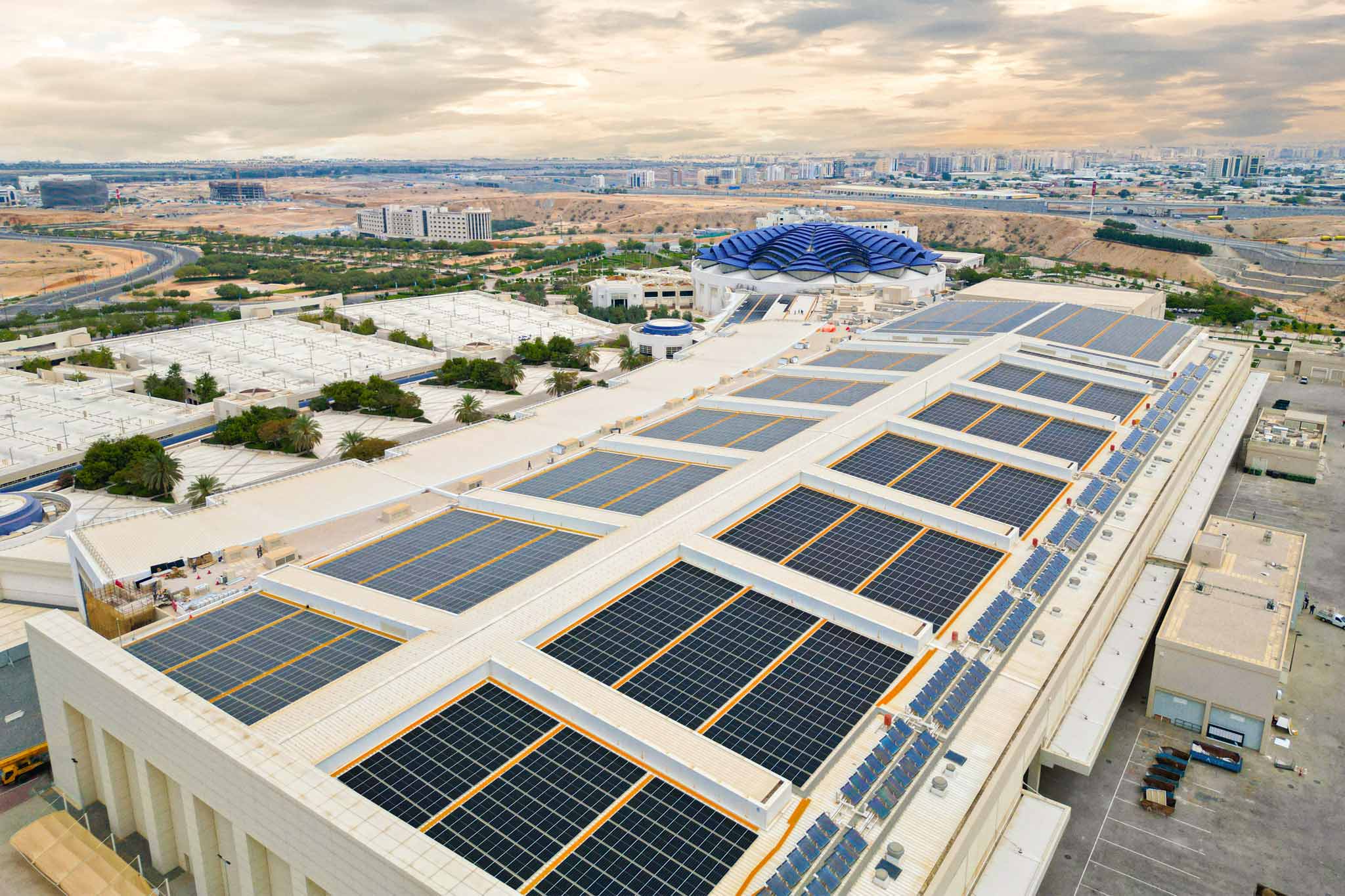The meeting and event industry in Korea has recovered a lot in 2022. For example the Seoul convention centre Coex has recovered 95 per cent of its 2019 performance. And Kintex, the largest convention and exhibition centre in Korea, is said to have recovered to 70 per cent.
There are still cases where the scale of the event has been reduced. But there are very few events that have been cancelled or postponed. Conventions and meetings are rarely cancelled compared to exhibitions, and most are held hybrid or online.
According to a survey of 114 international conference organisers conducted by the Korea Tourism Organization earlier this year, 87.5 per cent of the respondents said they would hold the event in hybrid or online form in 2021. According to the same survey, the question of future meeting types rendered a similar response, with 44.8 per cent choosing offline and 45.8 per cent hybrid events. If Covid-19 continued, the response was 21 per cent offline, 24 per cent online, and 55 per cent hybrid. And if Covid-19 completely ended, the response was 60 per cent offline, 2 per cent online, and 38 per cent hybrid, proving that organisers cannot overlook the convenience of a hybrid event.
Many Korean meeting and event companies are accelerating investment for digital transformation, so some PCOs develop and operate conference operation platforms or use them as revenue models. They use technology to pivot by creating new revenue models. For example, in the case of a human resources agency, a platform that can manage education, career management, and recruitment is developed as a human resource recruitment platform. And a convention operation collaboration tool app is designed to improve employee work efficiency, a form of franchising in the future.
Furthermore, some companies are planning to expand their business. Covid-19 has also allowed the industry to think about new business models. The most notable company is O2 Meet, a convention and exhibition operation platform created by EZpmp (a traditional PCO). This service allows users to configure menus freely for various operating programs by providing a stable server service for online and hybrid event operations.
Several large-scale government events have already been operated safely using this platform, which will soon serve as the metaverse meeting and event solution platform. In Korea, the government-led project to develop metaverse technology that can apply to conventions and exhibitions is underway. The project is to support the advancement of technology for specific events on the metaverse. The development of services that can use the convention centre as a metaverse will start in 2022 and will be supported for three to five years.
As we all know, conventions and exhibitions are crucial for the event’s success and the ripple effect on the host city. For this reason, local governments and city convention bureaus have put much effort into attracting international events to Korea. If a significant number of business events are held online or hybrid, local convention centres and various infrastructures will be affected, so how to solve this problem is also being discussed. The essential thing in this process is to develop offline services that appeal to the MZ generation, the primary consumers who will participate in future conventions and exhibitions. The young MZ generation is more interested in the environment and justification than anyone else.
“The government-led project to develop metaverse technology that can be applied to conventions and exhibitions is underway”
The Korea Tourism Organization has prepared guidelines for environmental, social and governance (ESG) practice. It develops actionable items for convention centres, convention bureaus, international conference planning companies, organisers, and participants and suggests action strategies. Of course, the contents of the environment and social areas were developed intensively. Still, these practices are expected to change the perception of participating in offline events rather than online.
Jeju Convention Bureau has prepared a manual, Guidelines for hosting green MICE events, to protect the environment and save resources to return the benefits to the local community. This manual is provided in four parts for organisers, participants, exhibitors, and convention centres. Eco-friendliness is a major task of business events and is one of the Key Performance Indexes.
Another project receiving much attention is discovering and introducing special venues for various experiences. Existing conventions and exhibitions were held in convention centres or hotels, which limited the participant’s local experience. In contrast to many countries and cities already using botanical gardens, zoos, parks, palaces, and museums, even though Korea has several unique venues, people with venues do not recognise that they could use these places for conventions and exhibitions. Museums and palaces had many restrictions on their use as managed by the Korea Cultural Heritage Administration. After the Korea Tourism Organization and other regional tourism organisations were interested in special venues, discovered them, and gave operators several briefing sessions on the business event industry, privately operated venues started to open their facilities for business events.
After the election of a new president in May, the Blue House, the presidential office of the Republic of Korea, moved to a new location and opened the existing Blue House site to the public. This new venue will be open for business events. The encouraging thing is that Gucci has allowed the Gucci Cosmogonie fashion show to be held at Gyongbokkung Palace, a royal palace located in Seoul. For reference, Seoul is attracting attention as a fashion show venue for global high-end fashion brands such as Chanel, Fendi, and Dior.
Business events are facing various industrial changes such as Covid-19, digital transformation, and generational shifts to the MZ generation. Korean companies are continuously attempting to use the crisis as an opportunity. Korea will continue to pursue globalisation and convergence between industries to maintain competitiveness in the meeting and event market. I hope you will be interested in the digital transformation of the environmental, social and governance (ESG) practice of Korean business events.
Environmental, social and governance (ESG) represents an organisation’s corporate financial interests, focusing mainly on sustainable and ethical impacts. Capital markets use ESG to evaluate organisations and determine future financial performance.



